Dear readers, this is apart from the poetry collection I am working on, but an essay that I felt very compelled to write today. Please respond!
–––––––––––
Having been abroad for the duration of ten months, the unfolding of a new chapter in the government of the United States of America has caused upheaval, and I can assure you, in the hearts and minds of people across the globe. I am assigning myself a challenge: to try, however vain it is, however ignorant I am, to extract my current thoughts about the nation into which I was born in these pages in hopes of a dialogue with anyone who wishes to join in.
––––––––––
All throughout the campaign season of 2016 in the USA, with Brexit in mind and the ever present concerns about the state of Nature, there was the murmuring of “death of democracy,” a new rise of nationalism, and the uncomfortable rumbling of a particularly vile sort xenophobia. After the election of Trump, the murmurs and rumbles began to shake, and people of a staggering diversity began to take public voice, often shouting, exposing the many hearts behind the stars and stripes, the dissident voices united by an uncanny force of human imagination, the nation.
In his book, Imagined Communities, Benedict Anderson writes, “[the nation] is imagined as a community, because, regardless of the actual inequality and exploitation that may prevail in each, the nation is conceived as a deep, horizontal comradeship. Ultimately, it is this fraternity that makes it possible, over the past two centuries for so many millions of people, not so much to kill, as willing to die for such limited imaginings.” I want to take that quote for a moment and hold it up with another, produced by John Adams during the foment of the American Revolution, “Democracy… while it lasts is more bloody than either aristocracy or monarchy. Remember, democracy never lasts long. It soon wastes, exhausts, and murders itself. There is never a democracy that did not commit suicide.”
Democracy has been the battlecry of the United States since its declaration of independence from Britain. Democracy is and has been the cover banner for crusades through much of the world in various fights against communism, fascism, genocide, and most recently terrorism, and has been a cover for manipulation of many peoples and places in various pursuits of the earth’s riches. I have to remind myself what democracy is at a fundamental level in order to consider these many histories and ongoing stories.
Democracy is government by the people. It is an electoral system that is intended to deliver power by way of the people’s voice. Democracy allows the citizenry to have representatives in a united republic, representatives who work for their constituencies. John Adams believed that the representatives’ fundamental role was to govern for the highest wellbeing of the most people within that republic. In its own definition lies the paradox, though a paradox is by no means discountable. By the people, but what people?
Many critiques of American democracy make a strong point that capitalism, and the freedom to join capitalism with democracy via avenues such as Citizen’s United have caused our government to steer far afield the ideal of Adams. With wealth concentrated among a very small class of Americans, there is a parallel concentration of purchase power – power to purchase power. We have seen this time and again in the United States when private interests invade and conquer the will of those elected for public service.
Nation and economy share a profound center: both are imagined. Yuval Noah Hariri in a TED Talk entitled “What explains the rise of humans?” points out that among the most compelling human narratives, those of religion, nationalism, law, and so on, money is by far the most universalized and compelling narrative we share, for better or for worse. I am afraid that in the case of the United States government, the lure of wealth is proving for worse as the working class, the majority of the voting body, the heart of the nation, is marginalized, expended at the enrichment of the few.
There is troubling hypocrisy at the foundation of the republic of the United States. It is clear in the Declaration of Independence, penned by Thomas Jefferson at the persuasion of John Adams. The declaration begins, “We hold these truths to be self-evident, that all men are created equal, that they are endowed by their Creator with certain unalienable Rights, that are among these Life, Liberty, and the pursuit of Happiness.” This gallant turn of phrase is stirring, progressive I dare say, and what follows is a wondrous permission to the people to overthrow any government that turns away from the public interest. But later, it goes on discussing the faults of King George III in ruling the colonies, “He has excited domestic insurrections amongst us, and has endeavoured to bring on the inhabitants of our frontiers, the merciless Indian Savages whose known rule of warfare, is an undistinguished destruction of all ages, sexes and conditions” (emphasis added).
I have to pause there – “the merciless Indian Savages.” That is what it says. And also, there were black slaves at this time, not just in the South, but also in New England. John Adams’ father-in-law was a slave owner. All at once, my attentions are disparaged. If there are slaves (humans presumably half of which were men) and merciless Indian Savages discounted from all then men who are created equal, then who are all the men? And what about women? What about the Americans from the Arctic to Tierra del Fuego? Abigail Adams foresaw a side of this exclusion in a letter to her husband on March 31, 1776:
I long to hear that you have declared an independency — and by the way in the new Code of Laws which I suppose it will be necessary for you to make I desire you would Remember the Ladies, and be more generous and favourable to them than your ancestors. Do not put such unlimited power into the hands of the Husbands. Remember all Men would be tyrants if they could. If perticuliar care and attention is not paid to the Laidies we are determined to foment a Rebelion, and will not hold ourselves bound by any Laws in which we have no voice, or Representation.
That your Sex are Naturally Tyrannical is a Truth so thoroughly established as to admit of no dispute, but such of you as wish to be happy willingly give up the harsh title of Master for the more tender and endearing one of Friend….
Why wasn’t Abigail Adams in the first Congress of the United States of America? Why did John Adams feel so sure that democracy “is more bloody” and “never lasts long?” How did we arrive at this juncture where writers like Naomi Klein openly deem the President of the United States, Donald Trump, an idiot who is really good at being an idiot?
–––––––––
My grandfather likes to quote Sir Winston Churchill (who in fact was quoting someone else), that “Democracy is the worst form of government, except for the others.” Government is unendingly flawed. As an institution, and a bureaucratic institution, democratic government will always be behind the times. It will always be behind the edge. But the edge is our responsibility. We as citizens of the Earth are a part of the edge, of the everpresent present, and our existence is by virtue of itself political. At least some of us are keen to take responsibility for that and dive into the institutions and bureaucracies in order to surrender ourselves to the social order, the social chaos, and some of us, indeed, do so with strong integrity, honesty, and true service.
Sonia Sotomayor seems to be one. In her book, My Beloved World, she writes, “Quiet pragmatism, of course, lacks the romance of vocal militancy. But I felt myself more a mediator than a crusader. My strengths were reasoning, crafting compromises, finding the good and the good faith on both sides of an argument, and using that to build a bridge. Always, my first question was, what’s the goal? And then, who must be persuaded if it is to be accomplished? A respectful dialogue with one’s opponent almost invariably goes further than a harangue outside his or her window. If you want to change someone’s mind, you must understand what need shapes his or her opinion. To prevail, you must first listen.”
“You must first listen.” This is essential. We have long obsessed about how partisan politics is not functioning, the gears are not turning. During Obama’s presidency, the 112th United States Congress agreed on fewer policies than the 80th congress, that was deemed the “Do Nothing Congress” in the 1940s. The 114th Congress is doing worse than the 112th. And we know that the democrats and republicans, political liberals and political conservatives, are not listening to one another. But why? Well certainly some representatives ears are just stuffed with money, and algorithms are feeding us polarizing views through the internet, but we, the general populace also have responsibility to listen and act with open ears and good conscious, to find middle ground.
––––––––––
I am currently in Atacama, Chile, spending my days on a farm that is home to sheep, goats, llamas, and rabbits, all fed from alfalfa growing in sandy plots west of the house. There are potatoes growing and carrots, and the place is run by marvelous 82 year old Doña Maria Berna and her son Antonio Panire Berna.
Chile lived through a dictatorship, that of Augusto Pinochet, and one that cannot be forgotten. It often feels that this is a country where memory is pain, and many of those killed by the militant dictatorship were anonymously buried here, in the Atacama Desert. Being on a farm and learning about such brutal politics,bring George Orwell and his Animal Farm directly to mind. “All animals are equal, but some animals are more equal than others.” Why were some Chileans killed and disappeared and not others? Why was their dissent worthy of death?
Spending my days working in soil, and with the satisfaction of manual labor , I am privileged by thought and confronted with the realities of a life to live. Today was Don Antonio’s birthday, and we ate rabbit. So good was the rabbit stew. But I had become fond of that rabbit, feeding it every morning. It was a quiet and shy rabbit, big and very adorable. No matter how tasty, that was a life, a valuable life! And it must be thanked. The potatoes are invested in with long hours of attention, as are the carrots, and the cheese that comes from the goats’ milk, not to mention the wool blankets we sleep with that are made of wool given by the sheep and llamas. They must be thanked! But there is a conflict of interests here that yet I don’t know how to evaluate.
At dinnertime we are in good humor and health, and united by work, wonderful work caring for living things that in turn care for us. But at times it is bloody, like the killing of the rabbit. It is not always easy or fun work, but I feel fortunate to value the labour, to value the land and the water, and what we can produce.
Nature has a way of setting up violence. I am not saying this as a justification of action, but as an observation. We are humans, and we have our technology, but we are still part of Nature. Nature is dynamic, and darkness and light visit unequivocally, often appearing in the same place, in the Declaration of Independence for one.
This delicate balance is the image of Lady Justice holding her scale. Law and Order as documented in the film “13th” by Ava DuVernay, have created a Prison-Industrial Complex in the United States, creating a horrifyingly unbalanced “justice” system that uses racism to its advantage putting millions of black men into prisons for unworthy crimes, abusing their labor, and excluding them from their rightful roles as citizens including the right to vote. We must ask, who made lady justice’s scale?
I’d like to share two quotes from Angela Davis of Birmingham, Alabama, an unrelenting figure of Civil Rights movements in the United States. She says, “As a black woman, my politics and political affiliation are bound up in and flow from my participation in my people’s struggle for liberation, and with the fight of oppressed people all over the world against American imperialism.” And, “Radical simply means ‘grasping things at the root.’”
––––––––––
We are alive at a time where democracy is threatened, deeply, and the greatest threats are its own shortcomings, our own shortcomings. I do not have answers, in fact I have an overwhelming number of questions. First, how do we involve ourselves in such things that are so much bigger than the sum of their parts?
What do I imagine for the future? That is the question I want to ask you.
As this is only the beginning of my life, I’d like to end this piece with the words of someone much older than myself, with more experience in so many ways who has spent ample time observing the to and fro of nature, who, I think, shares a similar struggle for understanding as myself and an eagerness to seek out truth and justice.
“A dangerous bit of American folklore is that our social, environmental, and political problems, which grow more ominous by the day, call for the healing touch of a genius. They do, but if we’re intent on waiting for some such remarkable individual to show up we can count on disappointment. The solution to what threatens us, however, is already here, in another form. It’s in our diverse communities. Most often we recognize the quality of genius in an individual man or woman; but the source of that genius lies with the complicated network of carefully tended relationships that sets a vibrant human community apart from a solely political community.” Barry Lopez





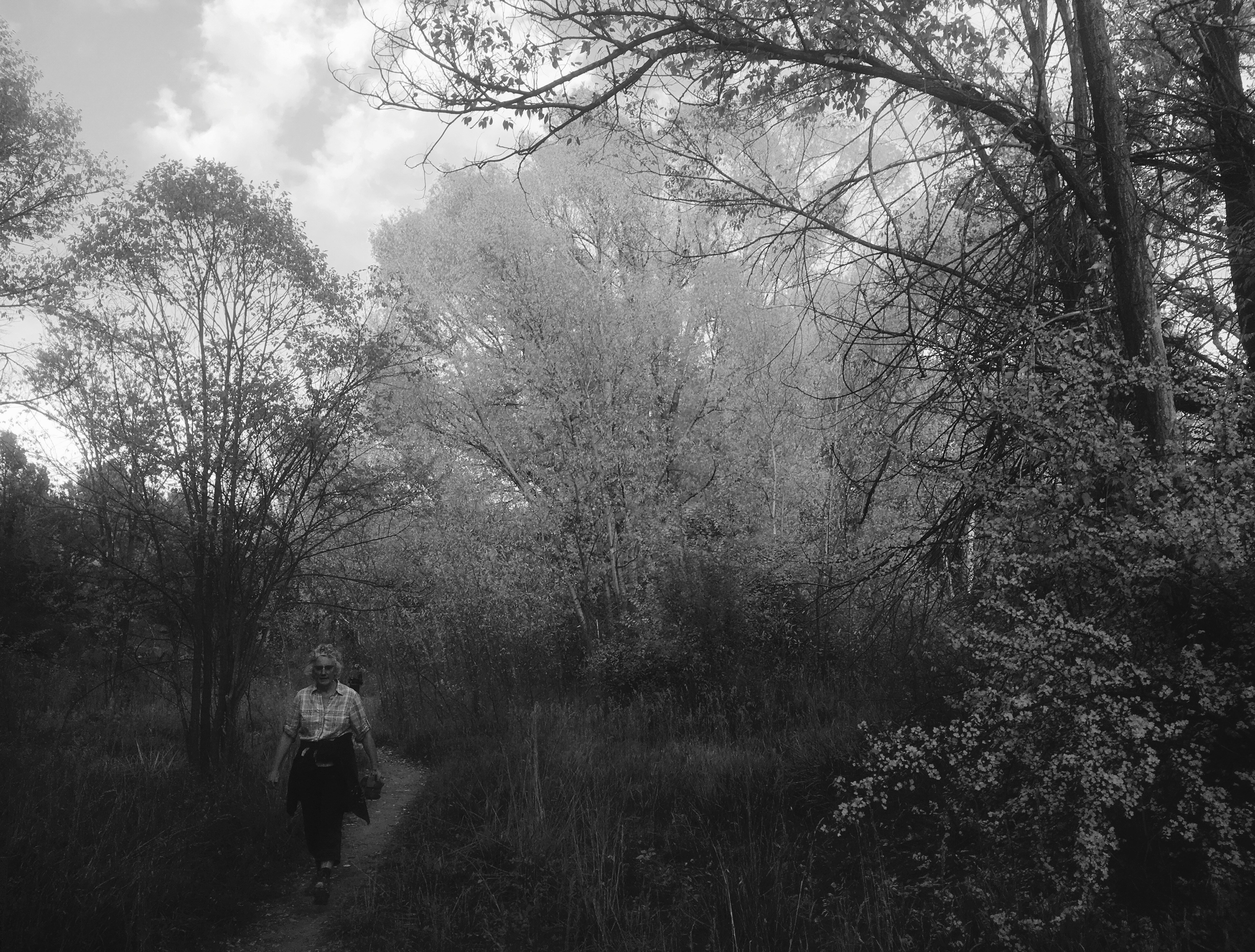
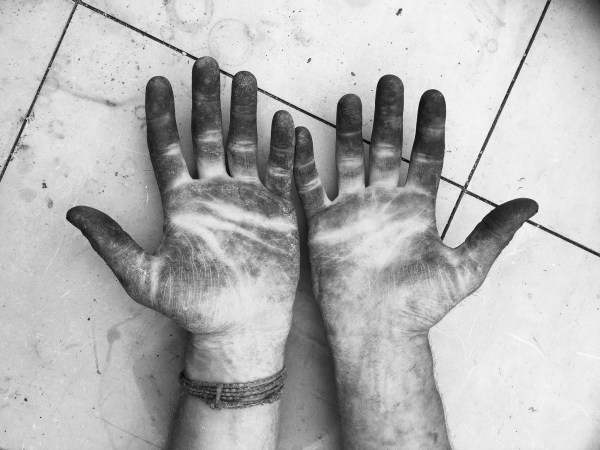
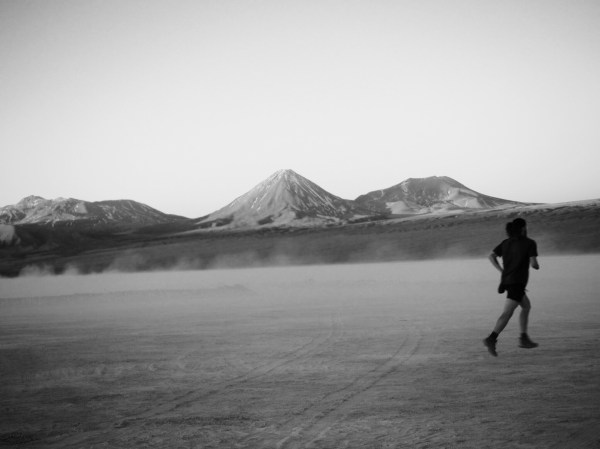

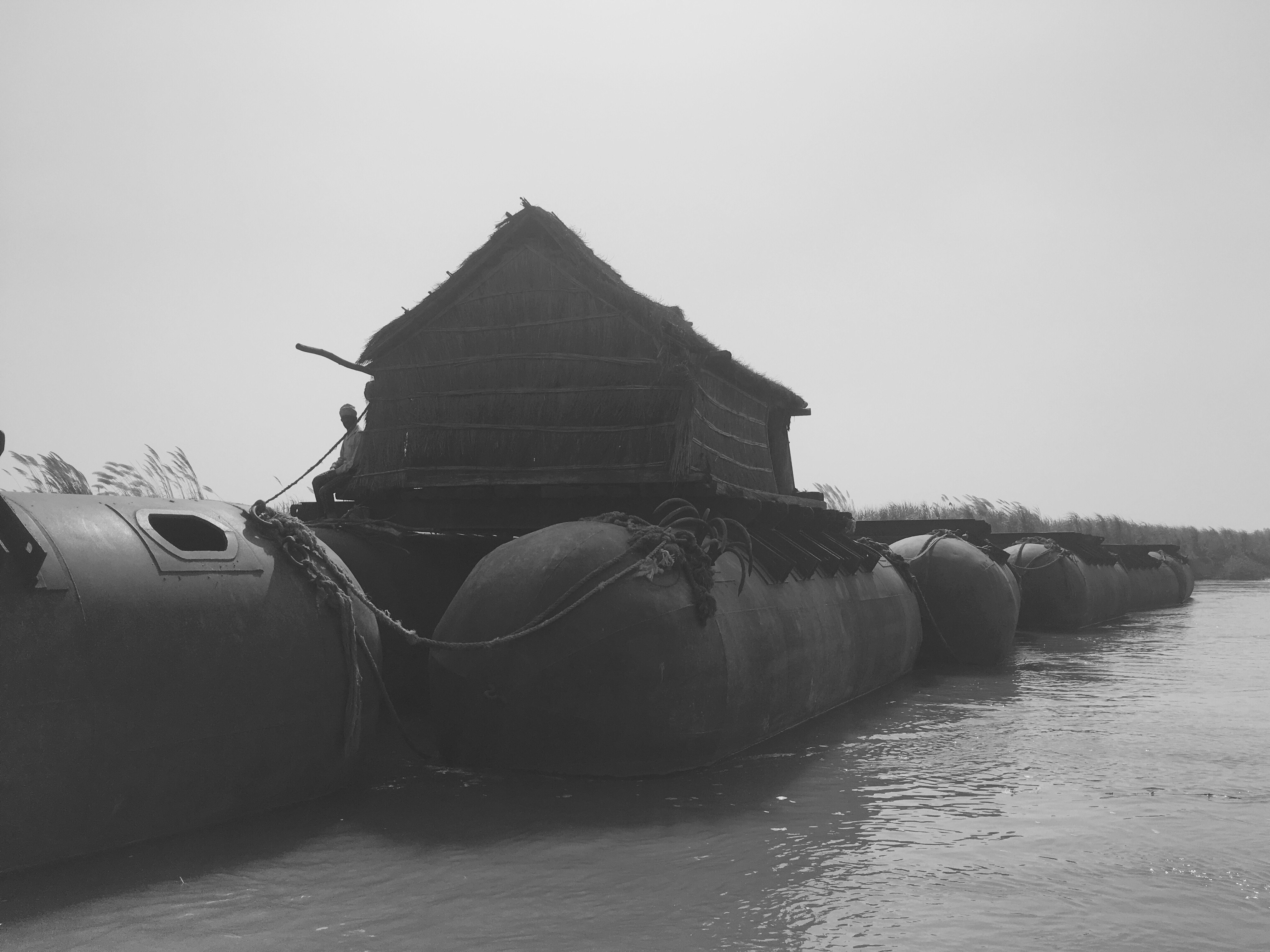
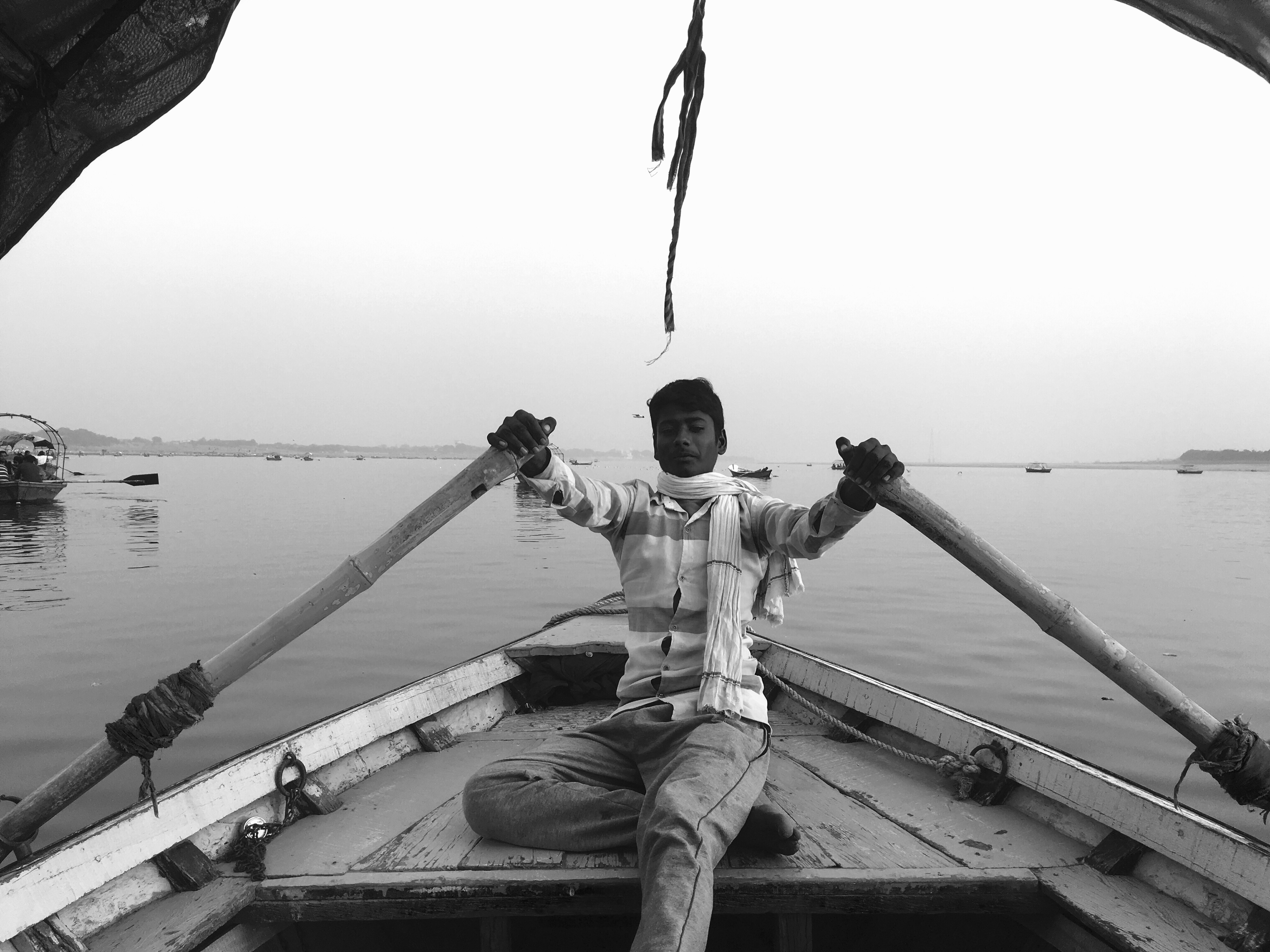
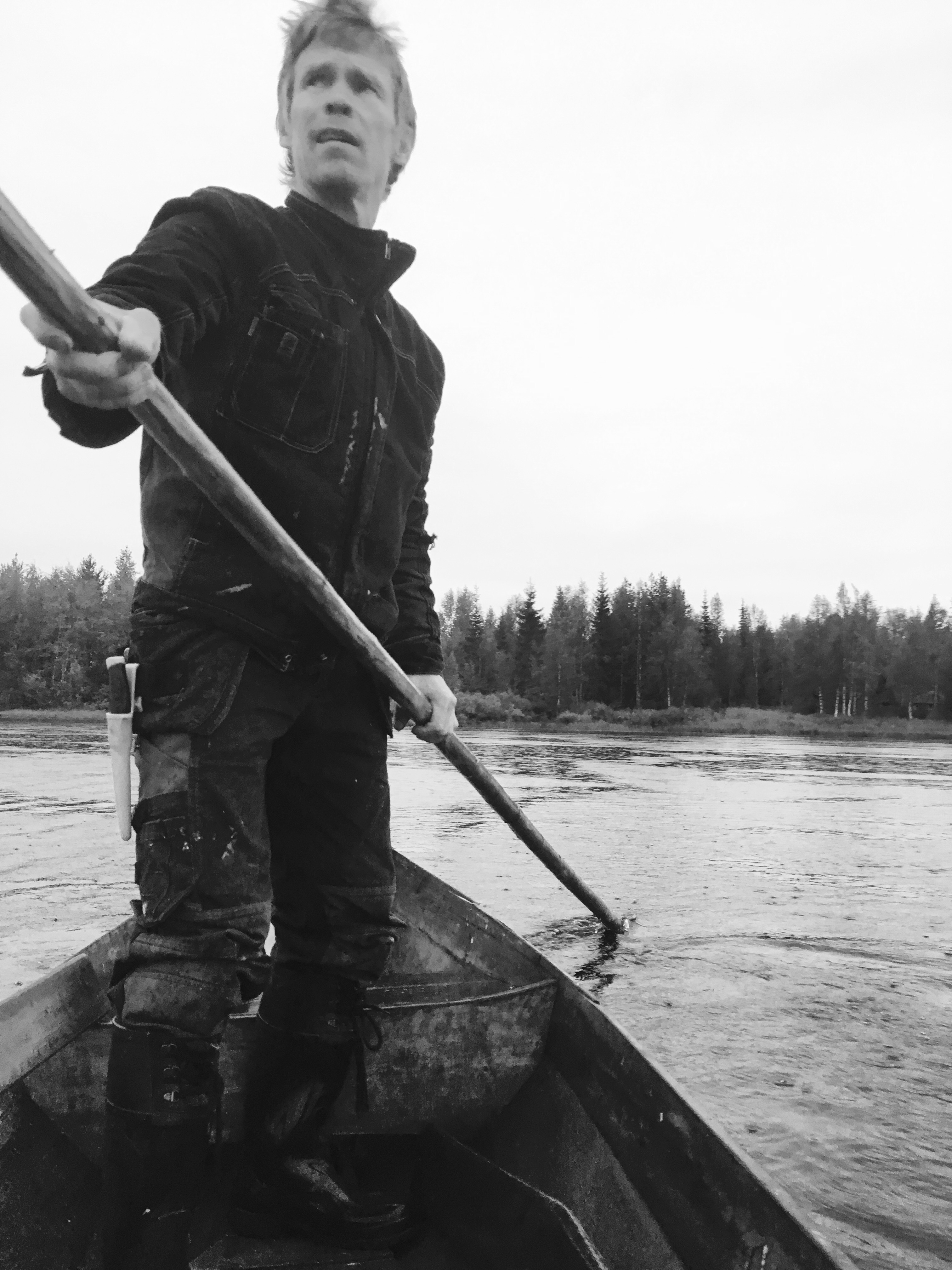







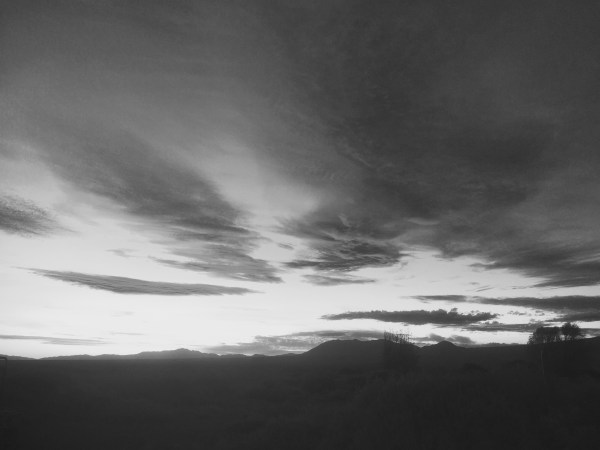
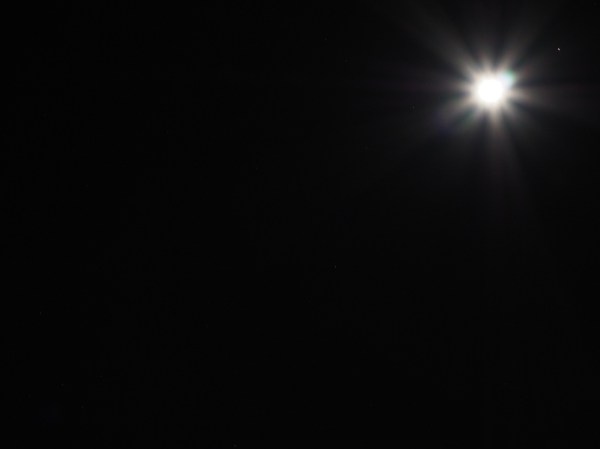
Recent Comments